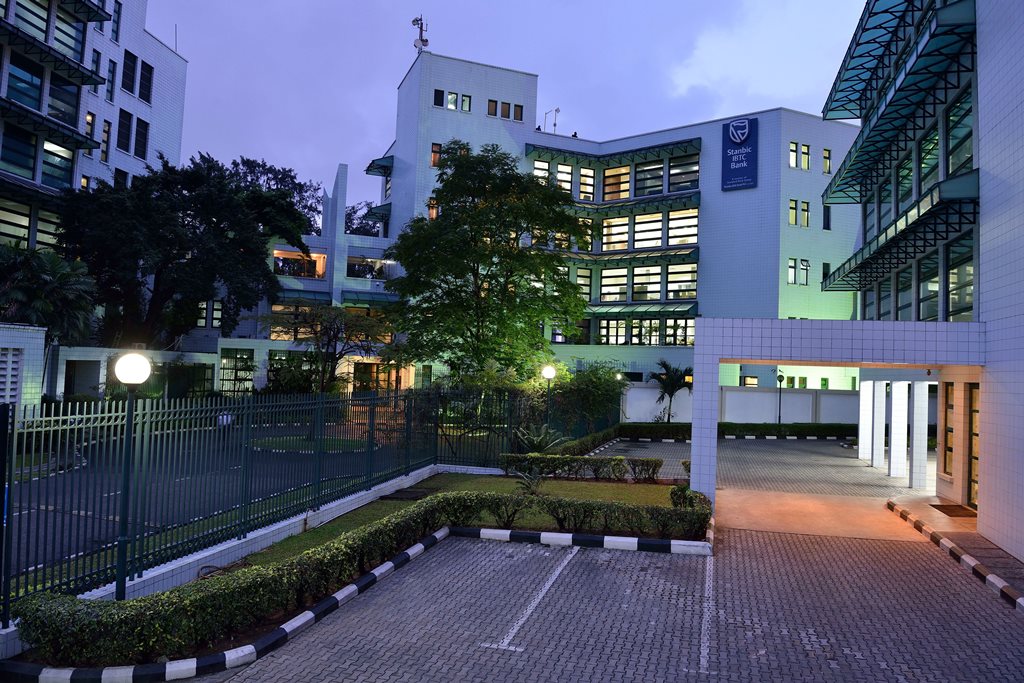
The Nigerian private sector remained comfortably inside growth territory as the third quarter of the year came to an end. Further marked improvements in output and new orders were recorded, while the pace of job creation quickened to the fastest in almost two years. Companies were helped by the recent alleviation of inflationary pressures, which largely continued into September. In fact, firms’ purchase costs increased at the slowest pace in five-and-a-half years.
The headline figure derived from the survey is the Purchasing Managers’ Index™ (PMI®). Readings above 50.0 signal an improvement in business conditions on the previous month, while readings below 50.0 show a deterioration.
The headline PMI posted above the 50.0 no-change mark for the tenth month running in September to signal a sustained improvement in the health of the Nigerian private sector. Although falling to 53.4 from 54.2 in August, the PMI again pointed to a solid strengthening of business conditions.
New business increased markedly in September amid improvements in customer demand and the launch of new products. In line with the headline index, however, the rate of growth eased to a three-month low.
The rise in new orders fed through to a sharp expansion of business activity, with increases seen across each of the four broad sectors covered by the report.
Higher output requirements encouraged firms to expand their operating capacity in September, with both employment and purchasing activity raised.
Staffing levels increased modestly, but at the sharpest pace since October 2023. Meanwhile, the rate of growth in input buying remained sharp and fed through to an accumulation of inventories. Respondents indicated that stocks of purchases had been raised to cater for current and future demand, as well as to facilitate new product development.
Suppliers’ delivery times shortened markedly again, and to the largest degree in five months.
Companies continued to see a general easing of inflationary pressures in September. Overall input prices increased at the slowest pace in two-and-a-half years amid weaker rises in both purchase prices and staff costs. In fact, the rate of purchase price inflation was the softest since March 2020.
Input costs continued to rise at a marked pace overall, however, and companies thereby increased their own selling prices accordingly. Despite ticking up from August, the pace of output price inflation was still the second-slowest in more than five years.
Efforts to increase staffing levels and build inventories were among more general business expansion plans which are set to support growth of business activity over the coming year. Firms remained optimistic regarding the 12-month outlook, but sentiment eased slightly to a four-month low and was weaker than the series average.



